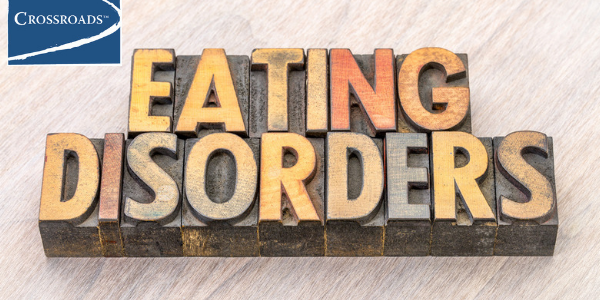One part of the holidays that many people look forward to is all of the food. The meats, the sides, and a plethora of seasonal desserts. The options can be overwhelming and it can be easy to overindulge. But for those trying to manage eating disorders during holidays, it can be incredibly stressful, and get togethers are not necessarily light-hearted celebrations.
Let’s look at how to deal with holiday eating disorders challenges so you can have a more enjoyable time and not dread every party invite.
Stick to the Plan
Just because there is a table full of food available doesn’t mean you have to feel obligated to sample everything. If the thought of a 4,500-calorie Thanksgiving dinner is too much to handle, remember that there are plenty of healthier options you can choose as well. Focus on maintaining your normal meal plan as much as possible. You may make a few swaps or additions here or there, but you don’t have to completely change how you eat just because it’s a holiday.
This can be especially true if you have co-occurring disorders and struggle not only with an eating disorder but a substance use disorder as well. Don’t feel pressured to drink because you think it’s expected. It’s OK to say no and if you feel comfortable, tell the hosts you’ve stopped drinking. When people know, they’ll likely understand and support you. Focus on the strategies you’ve learned for maintaining your sobriety and overcoming cravings.
Keep Guilt at Bay
Eating holiday foods can cause feelings of guilt, anxiety, or depression if you’re in recovery from an eating disorder, whether anorexia, bulimia, or something else. You may feel like people are judging you – or you’re judging yourself – for eating too little or too much, or for what you choose. Remember that you are not defined by what you eat. Having an extra slice of pie or a little more turkey is not going to break your meal plan entirely. You should still be mindful of eating in moderation, but you can refocus on your usual routine tomorrow.
Who Do You Trust?
Remember that you don’t have to deal with holiday eating disorders alone. Know who you can turn to if you’re feeling stressed or overwhelmed. Use what you have learned in eating therapy groups to stop food shaming if it happens and boost your confidence. Have a few phone numbers on hand of people you can call if you need help, or family members who are part of your support system.
Escape From It All
Sometimes managing eating disorders during holidays means spending some alone time for the holidays. Your well-being is a top priority, so if you know there will be too many triggers that may affect your eating disorder recovery, politely decline invites. You could also drop in to say hi and socialize but leave before mealtime commences.
Another option is to take a break and go somewhere quiet where you can recharge for a few minutes. Take some deep breaths, recite your favorite mantras you learned in eating disorder therapy, and destress before heading back to the party. This could mean taking a walk around the block or just sitting in a quiet room by yourself.
It’s Not Just About the Food
The holidays are not just about eating, though that tends to be a central theme. There’s music, movies, decorations, gift gifting, seasonal events, and so much more. Take the focus off of food and remember everything else you love about celebrating the holidays. If discussions start veering toward food and you’re feeling uncomfortable, politely change the subject.
Figuring out how to deal with holiday eating disorders in an effective way can take a little time and planning, but it can mean less stress and more enjoyment overall. Don’t be afraid to take time for yourself, say no to a drink or second dessert, or steer the conversation from how you look to the holiday decorations the neighbors just put up. It can also be a good idea to attend eating disorder therapy groups before or after events to feel more confident and supported during these times.
If the holidays do become too much to handle and eating disorder recovery is a struggle, reach out to Crossroads for help. We offer residential and outpatient eating disorder treatment as well as co-occurring disorders programs and therapy groups. You are not alone, and help is available not just during the holidays, but any time of year.


















